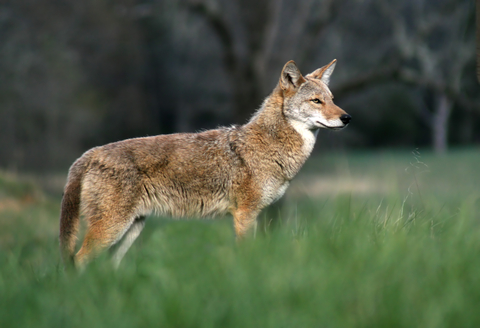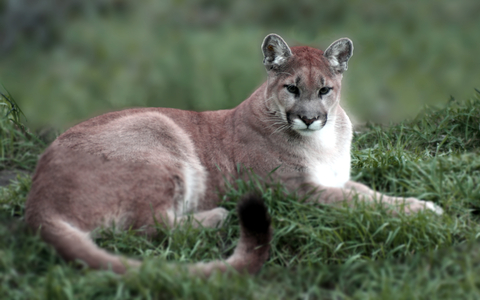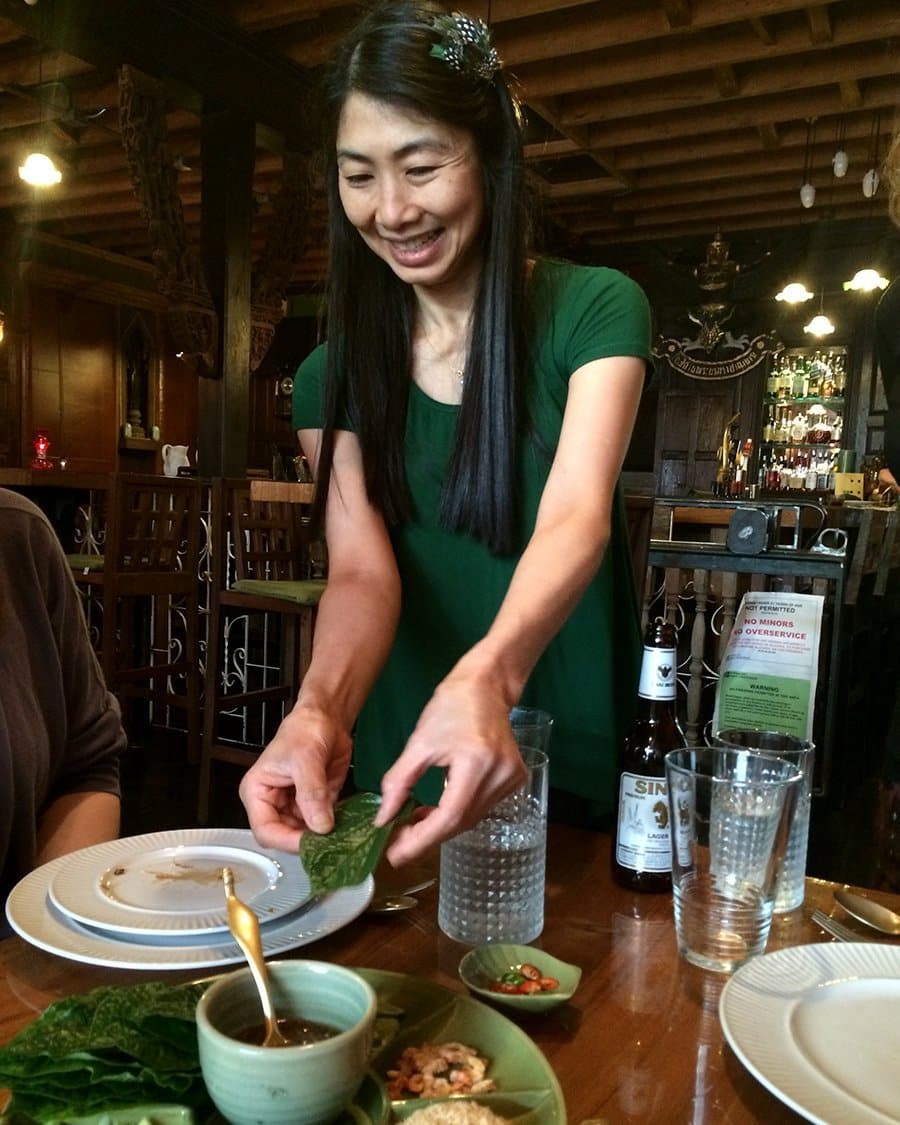As a longtime resident of Vashon Island, I’ve witnessed the island’s breathtaking natural beauty and the remarkable wildlife that calls this place home. However, in recent years, our beloved island has experienced a significant increase in visits from large carnivores, such as bears, cougars, and coyotes. Some of these magnificent creatures have even made Vashon their permanent residence.
While the presence of these large carnivores adds to the unique charm of our island, it also presents challenges for us as pet owners. As Vashon and Maury Islands continue to grow in popularity, it’s essential for us to adapt to these changing conditions and learn how to coexist peacefully with our wild neighbors. In this guide, I’ll share insights and practical tips based on my experiences and knowledge as a Vashon resident to help fellow animal owners safeguard their pets and livestock while respecting the natural habitats of these awe-inspiring creatures.
Understanding the Wildlife Habits:
Coyotes

Coyotes have become a common sight on Vashon, and understanding their habits can go a long way in protecting our pets. Here are some key facts to keep in mind:
- Coyote conflicts tend to spike during heir denning and pup-raising seasons, typically occurring from February to August on Vashon.
- Farmers and pet owners may consider adjusting their schedules to avoid leaving vulnerable animals unattended during this period.
Cougars

Cougars can threaten our animals with their exceptional night vision. To reduce the risk of encounters, consider the following precautions:
- Cougars rely on the element of surprise in their attacks. Protect your animals by ensuring they are secure from dusk until dawn.
- Clear pastures of brush and keep animals away from areas with trees, bushes, or other hiding spots that cougars may use as cover.
Adapting for Coexistence:
Adapting to the presence of these large carnivores is essential for the safety of our pets and livestock. By staying informed and making practical changes, we can minimize conflicts and promote peaceful coexistence. Here are some steps we can take:
- Stay Informed: Learning about local wildlife’s habits and seasonal patterns is crucial. This knowledge can help us make informed decisions and take preventive measures.
- References and Resources: To deepen our understanding of Vashon’s wildlife, we can explore the list of references and books provided at the end of this guide.
- Domestic Dogs: While wild animals have their behavior patterns, we must also consider the impact of domestic dogs. Unattended dogs, especially when left outdoors, can roam neighborhoods and form packs, which can be more destructive than solo animals. It’s important to be aware of this potential behavior and take measures to prevent it.
Large Carnivores and Common Livestock:
Understanding which large carnivores may prey upon specific livestock species is crucial for protection:
- Cougars: Llamas, alpacas, miniature horses, goats, sheep, and occasionally horses may be targeted.
- Bears: Horses, donkeys, miniature horses, poultry, goats, sheep, and occasionally cows may fall prey.
- Coyotes: Llamas, alpacas, miniature horses, goats, sheep, poultry, domestic dogs, and cats are among their potential targets.
- Domesticated Dogs: They can threaten miniature horses, donkeys, goats, sheep, and poultry, and can cause significant injuries to horses when they form packs.
Conclusion:
As residents of Vashon Island, we have the privilege of sharing our home with diverse wildlife. Living in harmony with large carnivores requires awareness, knowledge, and adaptability. By understanding the habits of local wildlife, staying informed, and taking practical precautions, we can ensure the safety of our pets while coexisting with these remarkable creatures. This guide is a testament to our commitment to fostering a peaceful and harmonious relationship between our pets and the awe-inspiring wildlife that makes Vashon Island truly special.
Supporting Resources for Wildlife Assistance on Vashon Island:
- Emergency Wildlife Situations:
- In case of an emergency where immediate assistance is required, please call 911 and ask for the State Patrol.
- Non-Emergency Wildlife Complaints or Questions:
- For non-emergency wildlife inquiries and complaints, you can contact WDFW Wildlife Enforcement Officer Kim Chandler at 425-775-1311.
- Reporting Poaching or Wildlife Violations:
- Contact the Washington Department of Fish and Wildlife (WDFW) at 877-933-9874 to report poaching incidents or other wildlife violations. You can also report violations online through their website: WDFW Report Violations.
- Marine Mammals Assistance:
- If you encounter injured, stranded, or dead marine mammals, you can contact Ann Stateler, NOAA coordinator, at 206-463-9041. If Ann is unavailable, you may contact Cascadia Research at 360-791-9555.
- Small Deceased Animals for Teaching Purposes:
- If you come across small deceased animals, such as birds, minks, etc., that could be valuable for educational purposes, you can get in touch with Gary Shugart, Head Curator at the Slater Natural History Museum, at gshugart@pugetsound.edu or 253-879-3356.
- Injured Wildlife Assistance:
- For injured wildlife, consider contacting the following organizations that specialize in wildlife rehabilitation:
- PAWS (Progressive Animal Welfare Society) – 425-787-2500
- Westsound Wildlife Rehabilitation – 206-855-9057
- Sarvey Wildlife Care Center – 360-435-4817
- For injured wildlife, consider contacting the following organizations that specialize in wildlife rehabilitation:
- Assistance for Pets:
- If you need assistance or have pet concerns, you can call VIPP (Vashon Island Pet Protectors) at 206-389-1085 or contact Amy Carey directly at 206-755-3981.
- Further Questions and Assistance:
- For additional inquiries or assistance related to wildlife on Vashon Island, please don’t hesitate to contact Vashon Nature Center (VNC) at 206-755-5798 or email them at info@vashonnaturecenter.org.
These resources are essential for ensuring the well-being of both our island’s wildlife and our cherished pets. It’s crucial to be informed and access the appropriate contacts in various wildlife-related situations.
This article has been submitted by a Vashon Resident (or non-resident somehow connected to Vashon). Anyone can submit an article on any related island subject should they choose. Articles submitted to Vashon-Maury.com through our “Submit an Article” process are carefully reviewed for grammar, spelling, and accuracy to the best of our ability, though we sometimes miss the mark. Articles posted from these submissions are the opinions, statements, and facts provided solely by the Author and do not reflect the opinions or statements of the Vashon-Maury.com business and/or the Vashonites community.







